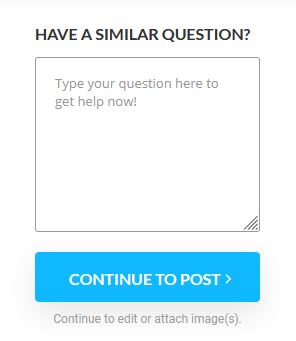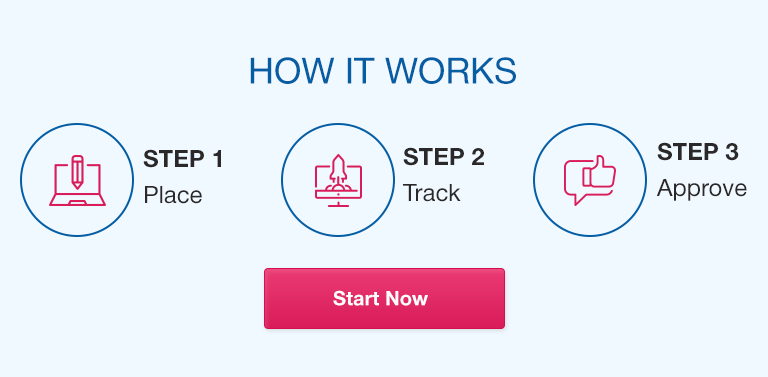Please see attachment .
When did you become an adult? Was it the day you turned 18, the day you graduated high school, or the day you moved out of your parents’ or caregivers’ home? The authors of your course text, Zastrow et al., use the term
young adulthood for ages 18 to 30, and
middle adulthood for ages 30 to 65.
Are these young and middle adulthood classifications useful? How do they compare to your own unique experience at these life stages? Indeed, your description of what it means to be an adult and how and when an adolescent transitions into adulthood may differ from that of Zastrow et al.—and from your colleagues.
For this Discussion, you analyze the author’s classifications of young and middle adulthood and consider how diversity might influence the common experience.
· Review the assigned chapter of the course text, paying close attention to Zastrow et al.’s classifications of young and middle adulthood. Reflect on your own experiences in these time periods and consider the extent to which Zastrow et al.’s description applies to
Assignment Below
Analyze Zastrow et al.’s classification of young and/or middle adulthood in the context of your own experience. How does the classification align with your own development during this time period? If your experience is different, why might this be? In particular, consider how the diverse aspects of your identity might impact your experience.


